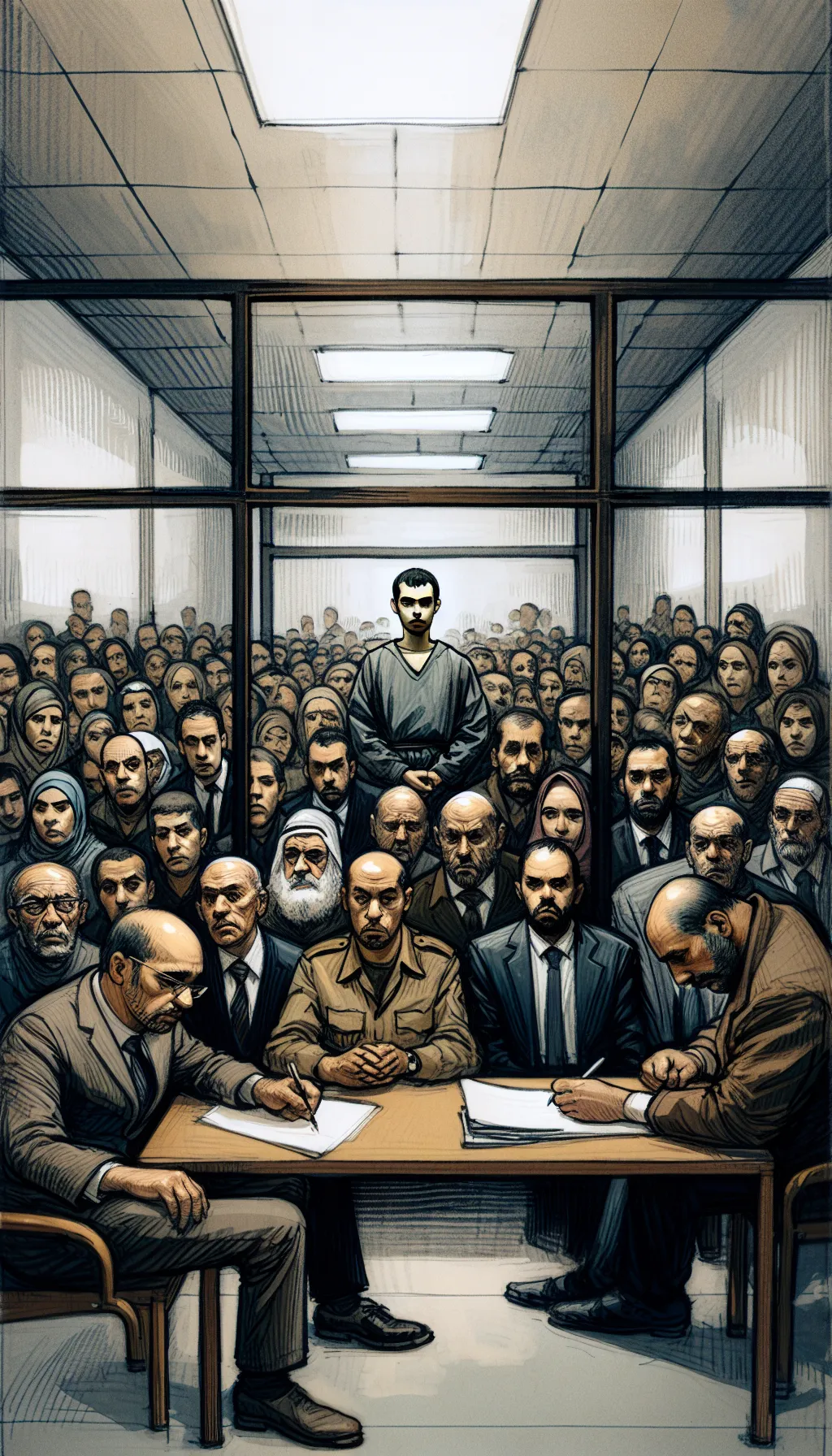Israel – The World Watches: The Trial of Adolf Eichmann - 1961
TLDR;
- Event: Adolf Eichmann, a key figure in the Holocaust, was tried in Jerusalem in 1961, captured by Israeli Mossad in Argentina.
- Significance: The trial was a global reckoning with the Holocaust, featuring survivor testimonies and broadcast worldwide.
- Impact: Eichmann’s defense of being a mere bureaucrat highlighted the ‘banality of evil’, sparking debates on moral responsibility.
- Outcome: Found guilty, Eichmann was executed in 1962, setting a precedent for justice in crimes against humanity.
–
–
Story
The world held its breath on April 11, 1961, as the doors of the Jerusalem courtroom swung open. Inside, a man sat behind bulletproof glass, his expression inscrutable. This was Adolf Eichmann, a key architect of the Holocaust’s logistics, now facing justice for his monstrous crimes.

Captured by Israeli Mossad agents in a daring operation in Argentina, Eichmann’s trial was not just a legal proceeding; it was a reckoning. For the first time, the horrors of the Holocaust were laid bare in a court of law, broadcast to millions via radio and news reports.
Survivors took the stand, their voices trembling but resolute, recounting the unspeakable atrocities they endured.
The trial was a watershed moment. It forced the world to confront the depths of human cruelty and the bureaucratic efficiency with which Eichmann had executed the Nazi’s genocidal plans. His defense, that he was merely a bureaucrat facilitating logistics, not making policy, was chilling in its banality and sparked a global debate on moral responsibility, later famously described by Hannah Arendt as the ‘banality of evil.’
On December 15, 1961, Eichmann was found guilty on all counts and sentenced to death. His execution occurred on May 31, 1962, after appeals were rejected. The trial and execution marked a significant step in the pursuit of justice for Holocaust victims and set a precedent for how the world deals with crimes against humanity.
–
| Would a different outcome in Eichmann’s trial have changed the course of international justice? |